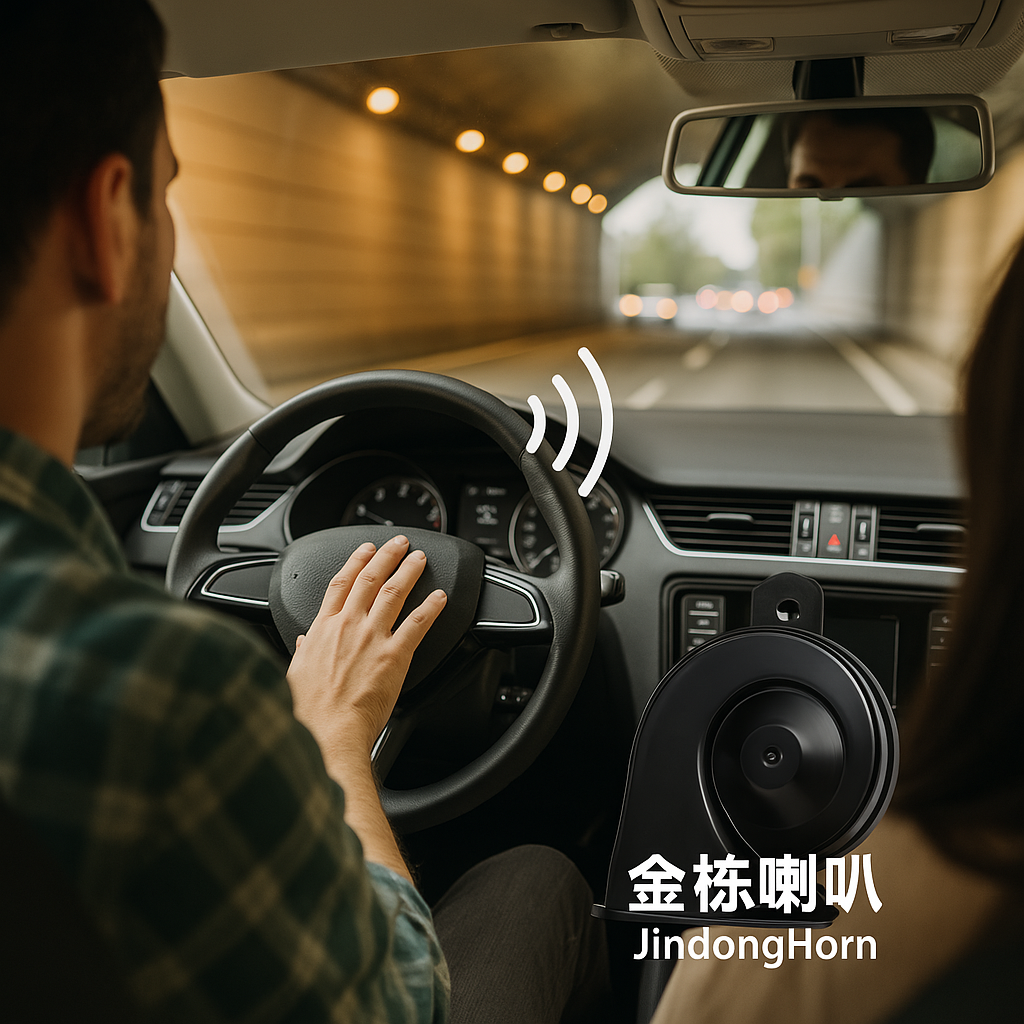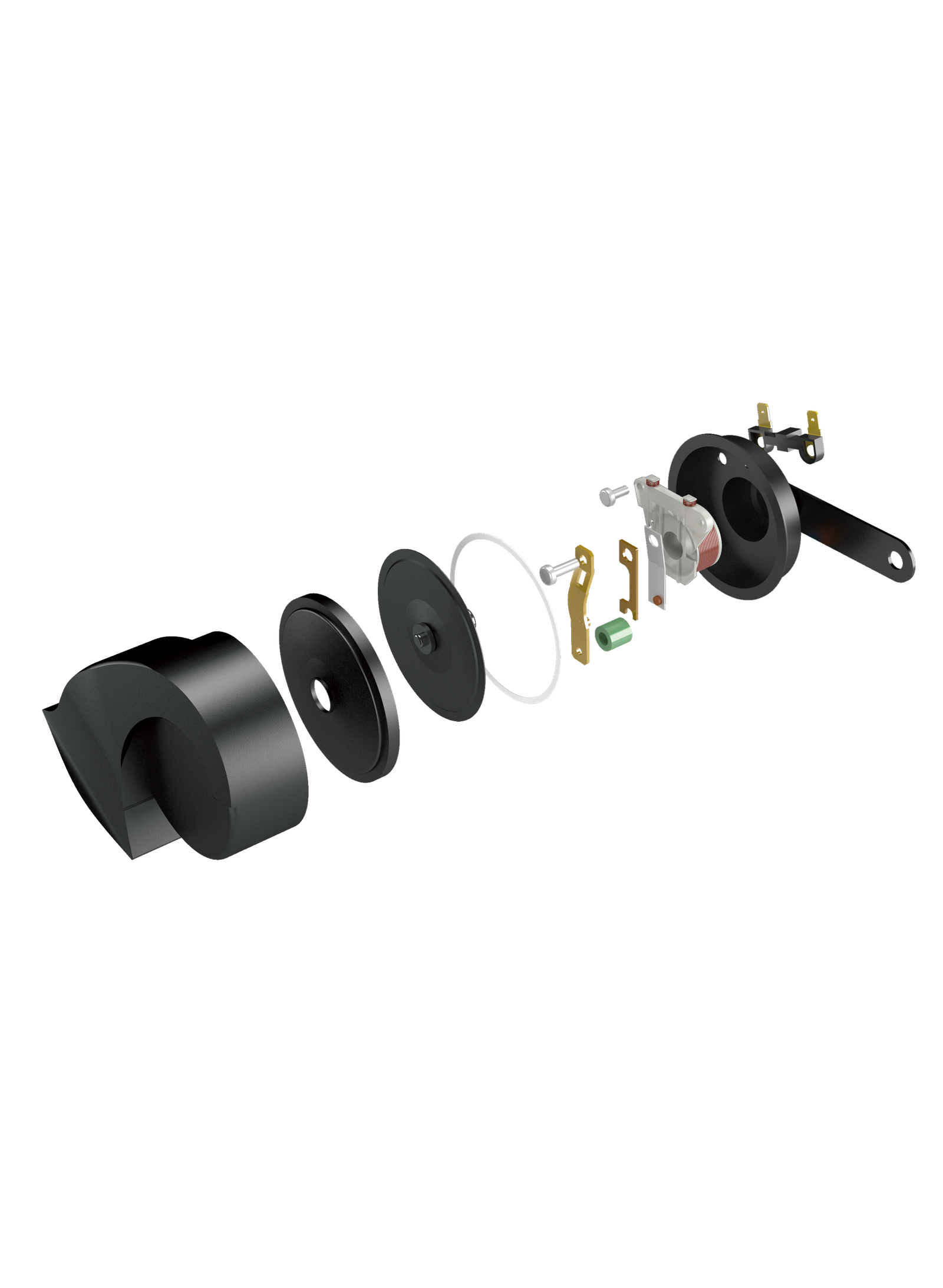leading paragraph:
Is your current horn reliable enough for emergencies? A failing horn is a safety risk. Let's talk about why quality matters for your vehicle's voice.
A vehicle horn is a sound device in cars and motorcycles used to alert others. It's crucial for road safety, helping prevent accidents and communicate warnings. We make top-quality horns, similar to brands like DENSO or HELLA, but at a better price point for wholesalers.
Transition Paragraph:
Understanding your horn goes beyond just knowing it makes noise. It's a key safety feature. Let me break down what you need to know, especially if you're sourcing them wholesale.
What is a Vehicle Horn Called Anyway?
leading paragraph:
Do you call it a car horn, a hooter, or something else? Using the right term matters, especially in business. Let's clarify the common names.
snippet paragraph:
Most people just say "car horn" or "motorcycle horn." Technically, it's often called an "automotive horn" or a "sound signaling device." Older terms like "klaxon" are rarely used now. We manufacture what are technically electromagnetic horns.
!
Dive deeper Paragraph:
Knowing the correct terminology helps when sourcing parts. While "car horn" is common, in technical specifications or discussions with manufacturers like us, you might see more specific terms.
Common Horn Names:
- Car Horn/Automotive Horn: Everyday term, universally understood.
- Motorcycle Horn: Specific to bikes, usually smaller but similar tech.
- Electromagnetic Horn: This describes the technology we use primarily. It involves an electromagnet vibrating a diaphragm to create sound. It's reliable and cost-effective.
- Air Horn: Uses compressed air. Much louder, often used on trucks. We don't focus on these as they require more components (compressor, tank).
- Electronic Horn: Uses a speaker and electronics to generate sound. Can offer various tones but can be more expensive.
Our factory, FHL GBSY JS-TECH, specializes in electromagnetic horns. They provide a strong, clear sound (typically 105-118 dB), meet international standards, and are durable (ours come with a 2-year guarantee). This type offers the best balance for most cars and motorcycles, which is why buyers like Jeremy in the Philippines often prefer them for their market – good quality without the complexity of air horns.Why Do People Honk Their Car Horns?
leading paragraph:
Honking often gets a bad rap as aggressive driving. But is that always the case? There are legitimate, important reasons to use your horn.
snippet paragraph:
The main reason to honk is safety. It's used to warn pedestrians or other drivers of your presence, signal intention in specific situations (like overtaking on some roads), or avoid a potential collision. Misusing it for frustration is often illegal.
snippet paragraph:
Dive deeper Paragraph:
Understanding the why behind honking is crucial for road safety and even legal compliance. While rules vary slightly by country, the core principle is universal: use it to prevent harm.
Legitimate Uses:
- Warning: Alerting a pedestrian stepping into the road, or a car drifting into your lane.
- Making Presence Known: On blind corners or when emerging from hidden driveways.
- Emergency Signal: A rapid series of short honks can signal distress in some situations.
Improper Uses (Often Illegal):
- Expressing Anger/Frustration: Honking at slow traffic or minor mistakes.
- Greeting Someone: A friendly tap might be okay in some places, but sustained honking isn't.
- Unnecessary Noise: Honking late at night in residential areas or without reason.
In many of our export markets, like Southeast Asia (including Jeremy's Philippines) and Europe, there are strict rules against unnecessary honking, often carrying fines. Our horns are designed to be loud enough for clear warnings (meeting ECE regulations where needed) but without being excessively jarring. We focus on producing a clear, attention-grabbing tone, not just raw volume, ensuring they are effective for safety without contributing unduly to noise pollution. We ensure our products meet the decibel limits required in specific regions.What Are the Three Main Types of Horns?
leading paragraph:
Did you know there's different tech powering that honk? The type of horn affects its sound, size, and cost. Understanding these helps you choose wisely.
snippet paragraph:
The three main types are: 1. Electromagnetic horns (most common, reliable, good value), 2. Air horns (very loud, need compressors, mostly for trucks/trains), and 3. Electronic horns (use speakers, can have various sounds, often pricier).

Dive deeper Paragraph:
Choosing the right type of horn depends on the vehicle and the customer's needs. As a manufacturer focused on the B2B wholesale market, we concentrate on the type that offers the best blend of performance, reliability, and value for standard vehicles.
Comparing the Horn Types:
| Feature | Electromagnetic Horn (Our Focus) | Air Horn | Electronic Horn |
|---|---|---|---|
| Technology | Electromagnet & Diaphragm | Compressed Air & Diaphragm/Trumpet | Speaker & Tone Generator |
| Sound | Strong, Clear (e.g., Beep/Paap) | Very Loud, Deep (e.g., Whoop/Train) | Variable, Can Mimic Others |
| Complexity | Simple, Self-Contained | Needs Compressor, Tank, Hoses | Needs Control Unit, Speaker |
| Size/Weight | Compact, Lightweight | Bulky, Heavy | Varies, Can Be Compact |
| Cost | Cost-Effective | More Expensive System | Often Higher Priced |
| Reliability | Very High (Simple Mechanics) | Good, but More Failure Points | Generally Good |
| Best For | Cars, Motorcycles, Light Commercials | Trucks, Buses, Trains, Marine | High-End Cars, Custom Apps |
We primarily manufacture electromagnetic horns because they hit the sweet spot for the vast majority of the automotive market, including the segments our clients like Jeremy serve. They are robust, easy to install (usually just two wires), meet global standards, and offer excellent durability. Our FHL GBSY and JS-TECH brands provide quality comparable to Bosch or Hella in this category, allowing distributors to offer a premium product under their own brand (thanks to our OEM/logo customization) at a very competitive factory price. This is ideal for wholesalers wanting high-quality, reliable parts that generate good market reviews.


